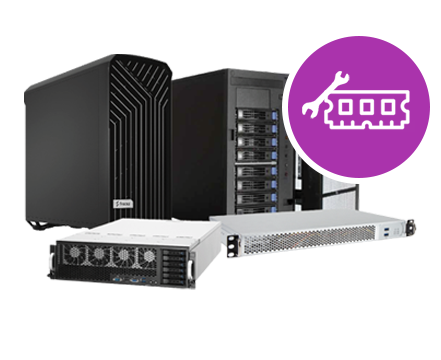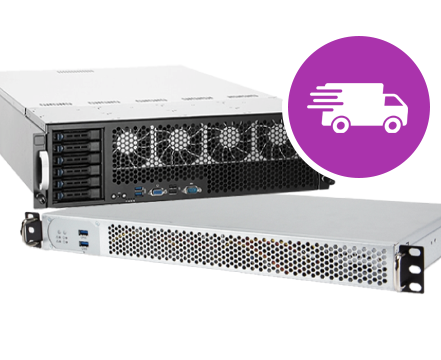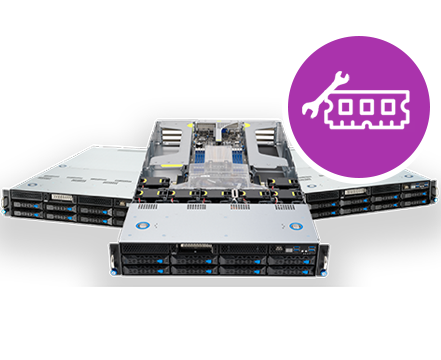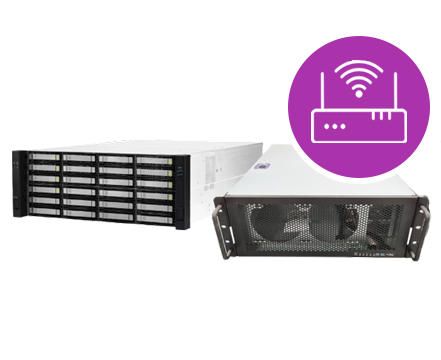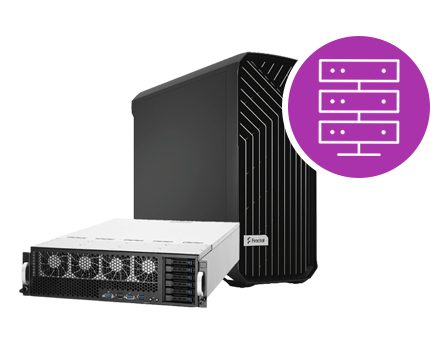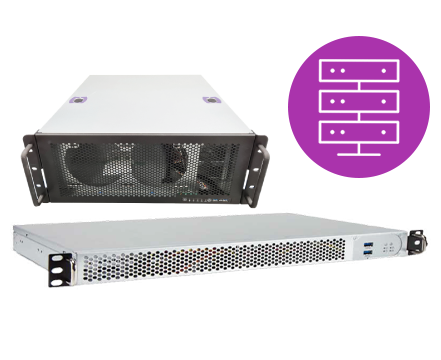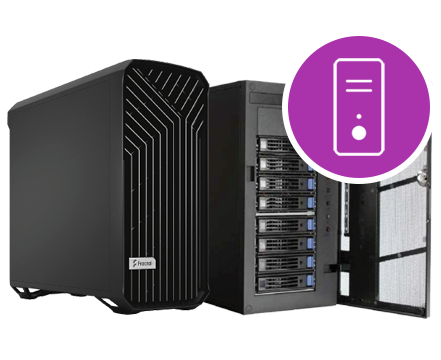In an era where digital infrastructure is pivotal to the operational efficiency and agility of a business, the decision between configuring a bespoke server solution or opting for a pre-built system is more relevant than ever. Both approaches come with their own set of advantages, but for companies looking to tailor their IT environment closely to their specific requirements, configuring their own server offers distinct benefits. Here, we delve into why a bespoke server configuration might be the preferable choice for your business, especially when you are looking to invest in technology that not only meets your current needs but is also built for your future.
1. Tailored Performance
One of the primary advantages of configuring your own server is the ability to tailor the system's performance to your specific needs. Pre-built servers often come with a one-size-fits-all configuration, which might not align with your company's workload demands. By configuring your own server, you can select components that match your performance requirements, whether that's processing power, memory, or storage capabilities, ensuring that your server can handle your applications and services efficiently.
2. Cost Efficiency
Cost efficiency is another compelling reason for opting to configure your own server. Pre-built servers can sometimes include unnecessary features or components that your business may not need, leading to higher initial costs. By selecting only the components that are essential to your operations, you can avoid paying for superfluous hardware and instead invest in areas of your IT infrastructure that offer the most value to your business.
3. Future Scalability
Business needs evolve, and so do the demands on your IT infrastructure. Configuring your own server allows you to consider future scalability from the outset. This foresight enables you to select a server chassis and components that can accommodate future upgrades, ensuring your server remains relevant and supportive of your business objectives in the long term. This is in contrast to some pre-built servers, which may offer limited upgrade paths, potentially necessitating a complete system overhaul as your business grows.
4. Compatibility and Integration
Every business has a unique IT ecosystem, and ensuring compatibility between new and existing systems is crucial. By configuring your own server, you have the control to select components that are known to be compatible with your other IT assets, reducing the likelihood of integration issues. This bespoke approach facilitates a smoother incorporation of the new server into your existing infrastructure, minimising potential disruptions to your operations.
5. Expert Support and Advice
When configuring your own server, businesses often have access to expert advice and support from their chosen provider. This expertise ensures that the server is optimally configured for your specific requirements from the start. Providers who specialise in bespoke server solutions can offer valuable insights into the latest technologies and trends, helping you make informed decisions about your server configuration.
While pre-built servers can be suitable for businesses with standardised needs, configuring your own server offers a level of customisation and flexibility that can be instrumental in achieving operational efficiencies and future-proofing your digital infrastructure. By carefully selecting components that align with your performance requirements, budget, and scalability goals, you can ensure that your investment into a server solution truly supports your business’s growth and evolution. In the fast-paced and ever-changing IT ecosystem, taking a bespoke approach to your server infrastructure can provide you with a competitive edge, empowering your business to adapt and thrive.

